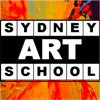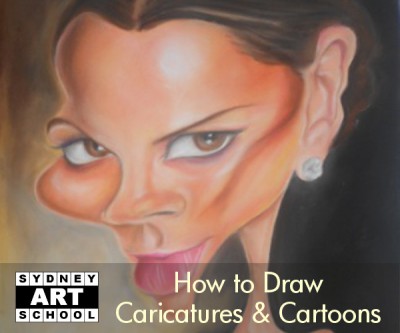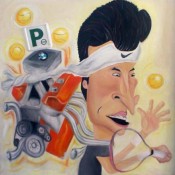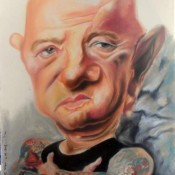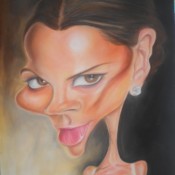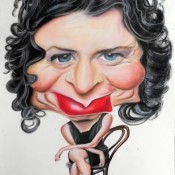How to Draw Caricatures and Cartoons - Workshop
Learn How to Draw Caricatures and Cartoon of Famous People and "Slightly Less" Famous Family and Friends
Have you ever watched a caricature artist at work? Have you been drawn in and fascinated as the subject was brought to life and wondering how they do that?
The ability to draw a caricature is universally admired. Drawing a caricature or cartoon is a skill that you can learn.
This is a great art workshop for Teenagers and Adults alike to learn the principles of how to draw another person.
Even if you think you have "zero" skill at drawing - you will experience something new and have incredible fun.
For those looking to explore portraiture - caricatures can be a good way to start working on drawing the human face without the "pressure" drawing an exact likeness.
And for an experienced portrait artist the caricature form is an engaging, light hearted and whimsical break from a more formal and structured drawing of another person.
Overview of this Art Class
- How to draw a likeness of another person
- What facial features to look out for and how to exaggerate them while retaining a likeness
- The similarities and differences between portrait drawing and caricatures - and how to use them to your advantage
- An simple way to draw a body for your caricature
- How to use colours and tone to lift your caricture to a "pro" level ... and, as always
- Lots of time for Q&A while you relax and enjoy yourself.
Studios Dates Times
|
Day
|
Time
|
Studio
|
Next Workshop Date
|
|
Sunday
|
10am - 1pm
|
Baulkham Hills
|
TBA
|
Course Information
General Comments on Materials
Materials to Bring
This is a general guide of materials to bring to our art workshops. If the workshop you are attending requires specific materials we will let you know
If this is your first time with us - don't rush out and buy a lot of equipment that you may not need. During the course of the workshop your tutor can give advice on materials and hints and tips on what to buy.
Materials for Drawing Workshops
All you need to get started in drawing classes are;
- 2 or 3 Pencils of varying "hardness": B, 2B, 4B
- Eraser
- Sharpener
- A Ruler
If you have a visual diary or sketchbook then bring it along as well.
As you develop you can add charcoal pencils, pastel pencils and kneadable erasers to your equipment list.
Materials for Painting Workshops
Paints & Brushes
Many people have access to some paints and brushes. Just bring along what you have. (Unless the workshop specifically is for oil paints we suggest you bring acrylics if you have them).If you have no materials at all then you might like to order an artist quality acrylic resource kit or oil painting resource kit when you enrol online.
(Be careful of buying low cost paints from the local 2 Dollar shop. These usually compromise on pigments and medium and your results won't be as good and you will also tend to need to use more paint).
The resource kit provides the basic materials you will need to participate in the workshop and is priced at a discount to retail outlets.
Canvas or Canvas Paper
Also bring along a canvas to work with. Something about 30cm x 40cm is ideal - not too big and not too small.In this case a canvas from the local discount store is usally fine. You're initial paintings will be exercises and practice. So you don't want to use something too expensive.
Your other option here is to buy a pad of Canvas Paper. These are also available from the discount stores and we have seen them at k-Mart as well.
You will need a plain old pencil and eraser to draw with.
If you already have some materials don't feel the need to rush out and buy additional brands or colours of yours don't match exactly. Your tutor will typically be able to work with what you have.
But if you have any questions feel free to call and ask.
Lunch and Refreshments
We suggest you bring a light lunch - something not too messy so that if you have the option to continue to draw or paint while you eat lunch.
DOs and DONTs
Relax and enjoy yourself.
Be encouraging of other people.
DON'Ts
Don't be nervous.
Most people will be new at this. And you will find that there is something about doing art that makes people more friendly. If there are more experienced artists in the class you will find that they are more than willing to share what they know as well.
That is one of the great things about learning in a group environment.
Please turn your mobile phone to silent while the workshop is in progress.
Questions
Don't feel shy. Call us on 1300 278 252 if you have a question about anything at all.
